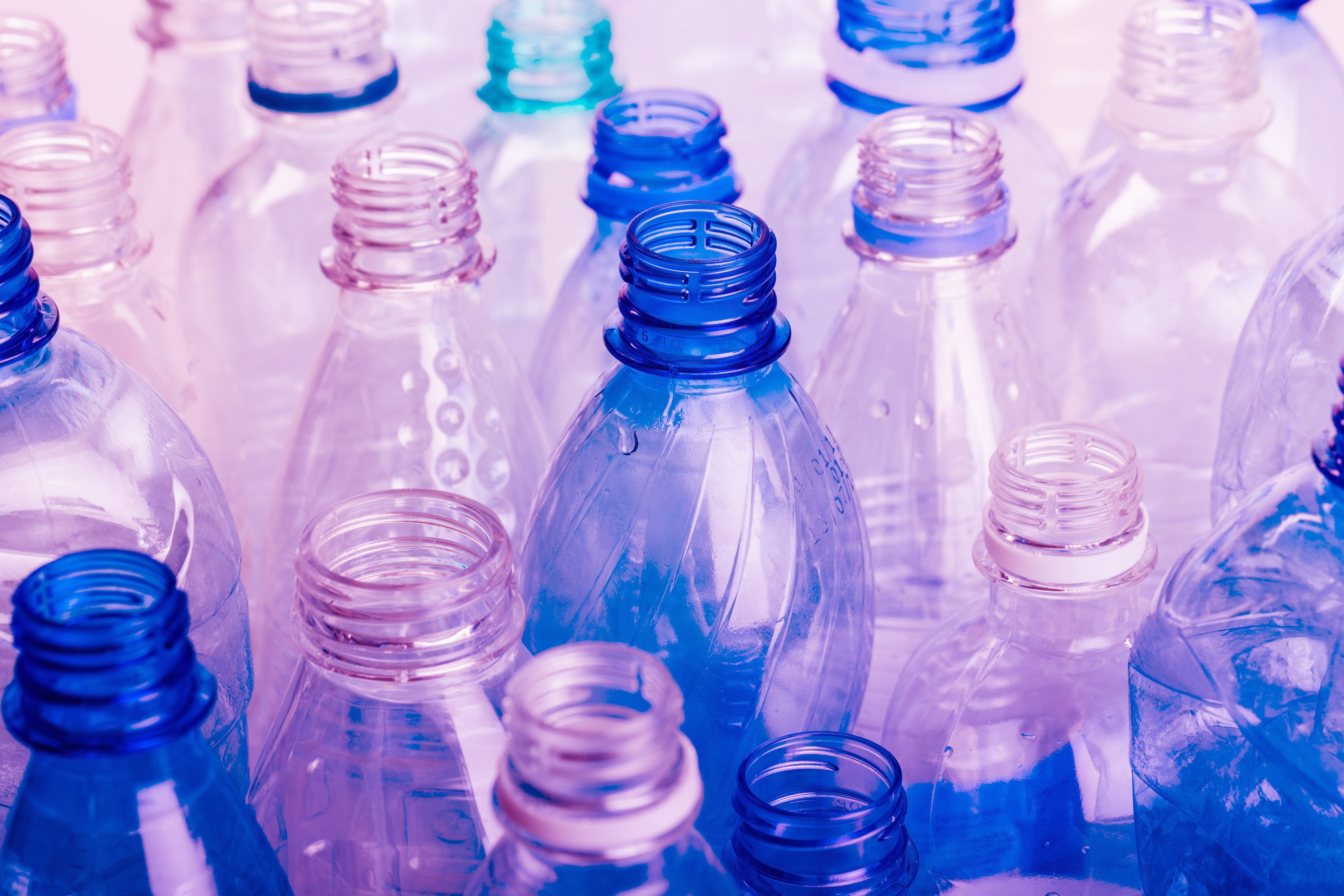Locations
Which businesses are caught?
Businesses that manufacture in, or import into, the UK 10 or more tonnes of plastic packaging over a 12 month period will need to register and account for the tax, which is payable at a rate of £200 per metric tonne of taxable plastic packaging.What constitutes taxable plastic packaging?
All packaging components i.e. products designed for the containment, protection, handling, delivery or presentation of goods at any stage in the supply chain, which are made from a majority of plastic (including bioplastics such as biodegradable, compostable and oxo-degradable plastics) by weight and which are produced using less than 30% recycled plastic.This includes packaging which already contains goods such as plastic bottles filled with drinks (although the tax only applies to the plastic packaging itself).
What are the obligations on businesses?
Businesses will need to register for the tax by 30 April 2022, irrespective of whether they have to pay for the tax. Businesses that determine they have no tax liability (e.g. because they fall outside the 30% threshold) will still need to keep records of the packaging manufactured and imported and may need to provide evidence to HMRC as to why the recycled content test is not met.Businesses that purchase plastic packaging from 'obligated businesses' will not be directly liable for paying the tax, but it is conceivable (if not likely) that manufacturers will pass on the tax down the supply chain. Contracts (and invoices) will therefore need to clearly state whether prices are ‘ex PPT’ or ‘inc PPT’.
Are any exemptions available?
Plastic packaging manufactured or imported for use in the immediate packaging of a medicinal product and plastic components that are permanently designated or set aside for use other than packaging are amongst those exempt from the tax.If the packaging is intended for export, it is possible to defer the tax for up to 12 months from the point of manufacture or import (the 'direct export condition'). If the packaging is exported within the 12-month period, the liability for tax is cancelled. As soon as the direct export condition is not met, the tax becomes due again.
Businesses affected by the new tax should prepare now to minimise the long-term financial impact on their business. Effective preparation means gathering composition data for your plastic packaging, including data relating to the amount of recycled content, and stress-testing your record systems to ensure they can generate and retain the information required.
If you would like to discuss any of these issues further, please do not hesitate to contact us.

